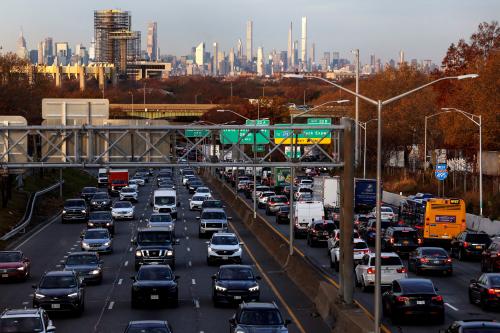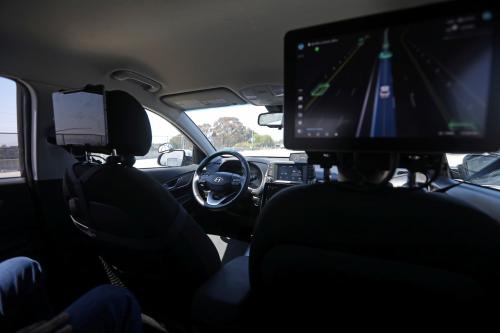To work, low-income adults need to get to work. However, traveling to jobs is frequently easier said than done, particularly for those without access to fast, reliable transportation. In almost every city, automobiles remain the fastest and most reliable way to get around. Moreover, the continuing decentralization of population and employment has exacerbated the isolation of many low-income families who lack reliable auto access. This brief examines the serious transportation challenges facing low-income workers as they seek employment and offers specific policy responses. Central to the argument is research evidence showing that improved transportation services can enhance economic outcomes, with the most compelling evidence centered on access to automobiles. But the transportation needs of the poor vary by metropolitan area and by neighborhood; therefore, this brief provides a full menu of practical policy options, including automobile access programs, improved fixed-route transit services, and expanded paratransit and other door-to-door transit services.
The Brookings Institution is committed to quality, independence, and impact.
We are supported by a diverse array of funders. In line with our values and policies, each Brookings publication represents the sole views of its author(s).


